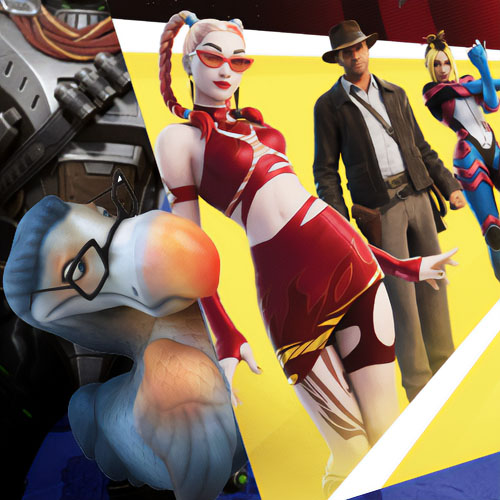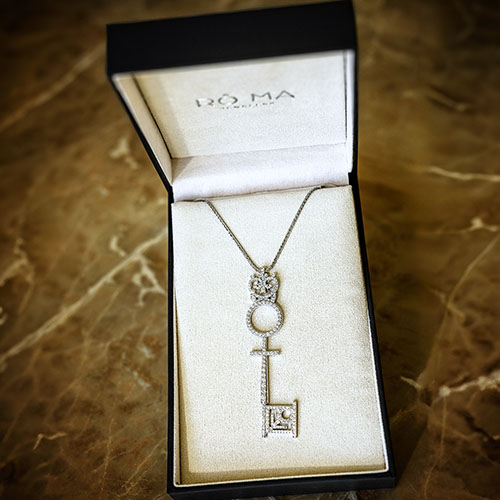It’s no secret that popular video games draw inspiration from wars past and present, with many offering a heavy focus on Russia.
How the War in Ukraine will Affect War Gaming Globally
While some titles draw from the jingoistic anti-USSR propaganda of the ’80s, others — especially war games — draw upon Russia’s sacrifices while battling against Nazi Germany in World War II.
As one of the world’s largest economies, Russia has become a thriving marketplace for war gaming video games and — like its Western counterparts — has largely benefited from its own thriving video game industry, including Owlcat Games, which produces the Pathfinder franchise, and Battlestate Games, the makers of Escape from Tarkov.
Following the onset of the war in Ukraine, Russian gamers have been steadily deprived of online services previously offered by Xbox and PlayStation, and efforts by pro-Ukraine activists in the West have been underway to cut Russian gamers off from PC games. Further efforts by Western governments have compounded the difficulties faced by Russian developers, who struggle to earn payments from the sales of their products.
As the current news cycle continues to foment tensions between European and Russian players, who mostly have nothing to do with the war — they simply want to enjoy video games — the impact of the conflict on video games themselves cannot be understated.
Russian game developers will undoubtedly have to turn their focus toward local markets or be forced to find workarounds…
The much-anticipated sequel to S.T.A.L.K.E.R. has been stalled in development due to the “special military operation” affecting Ukraine — especially in the cities of Odessa and Kyiv, where the developer GSC Game World is located. While gamers themselves may pine for S.T.A.L.K.E.R. 2, the developers themselves have much bigger things to worry about — like staying alive.
Even ahead of the invasion, a number of other Ukraine-based studios left the country due to troubles following the Euromaidan protests in 2014. One of Ukraine’s premier game studios 4A Games, the developer of Metro 2033, moved its operations to Malta.
European studios, including those in neighboring Poland and the Czech Republic, have offered their assistance in relocating Ukrainian games professionals to their offices. Some, like The Witcher developer CD Projekt Red, have held fundraisers for the Red Cross in Ukraine and provided additional visibility to highlight the plight of average Ukrainians.
War Gaming Taken Personally
The game industry’s efforts in the ongoing conflict have also taken punitive, if questionable, actions against Russians by suspending sales of their games in Russia and Belarus.
Some developers have even gone as far as to censor Russian content by removing characters or altering their stories. Ubisoft, for instance, removed all biographies from the Spetsnaz operators in their action game Rainbow Six Siege. Amazon, meanwhile, halted the localization of New World into the Russian language, impacting even Ukrainian gamers who speak Russian, and EA Games removed Russian teams and players from FIFA 22 and NHL 22.
With Russia’s access to a Western audience cut off by sanctions for the foreseeable future, Russian game developers will undoubtedly have to turn their focus toward local markets or be forced to find workarounds as some studios, like Owlcat Games, already have — by setting up their businesses in not-so-hostile territory and catering to the Western market by proxy.
Where there’s a will, there’s a way, and the Russians are incredibly resourceful people.
Of course beyond war gaming there are many more personal stories about how the global situation impacts individual human beings — the ones that live. Indeed, had COVID-19 not changed the world enough, now we have a (formerly presumed) super-power nation acting aggresively and independently. That macro view fails to put enough weight on the microeconomics view, however. At our core, we are all one people.



















